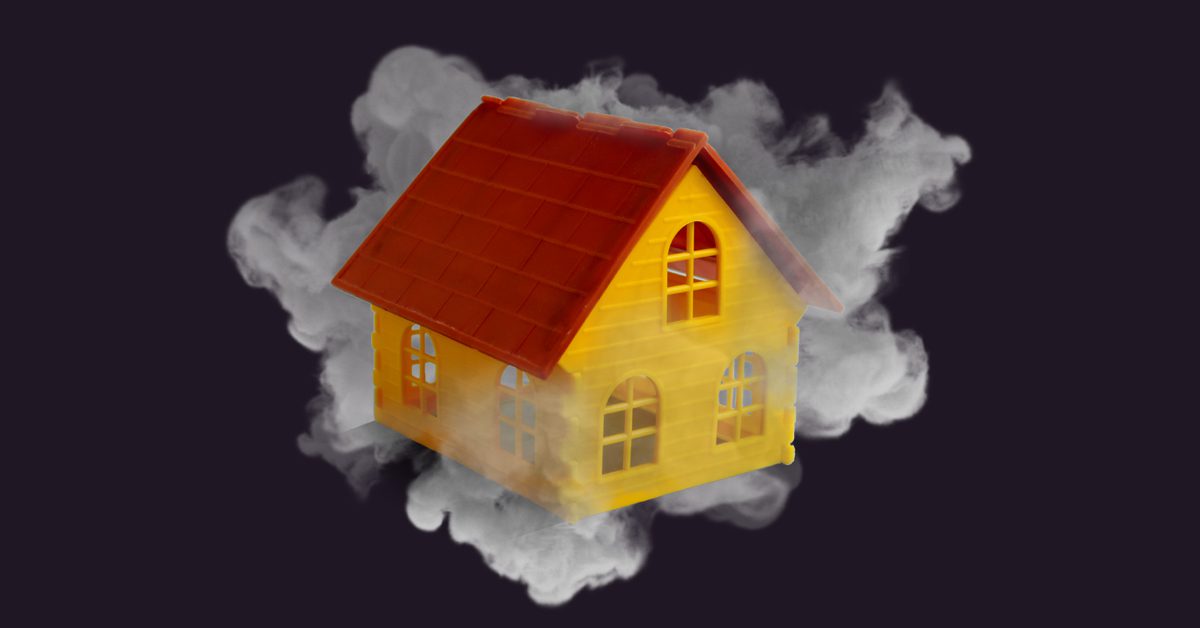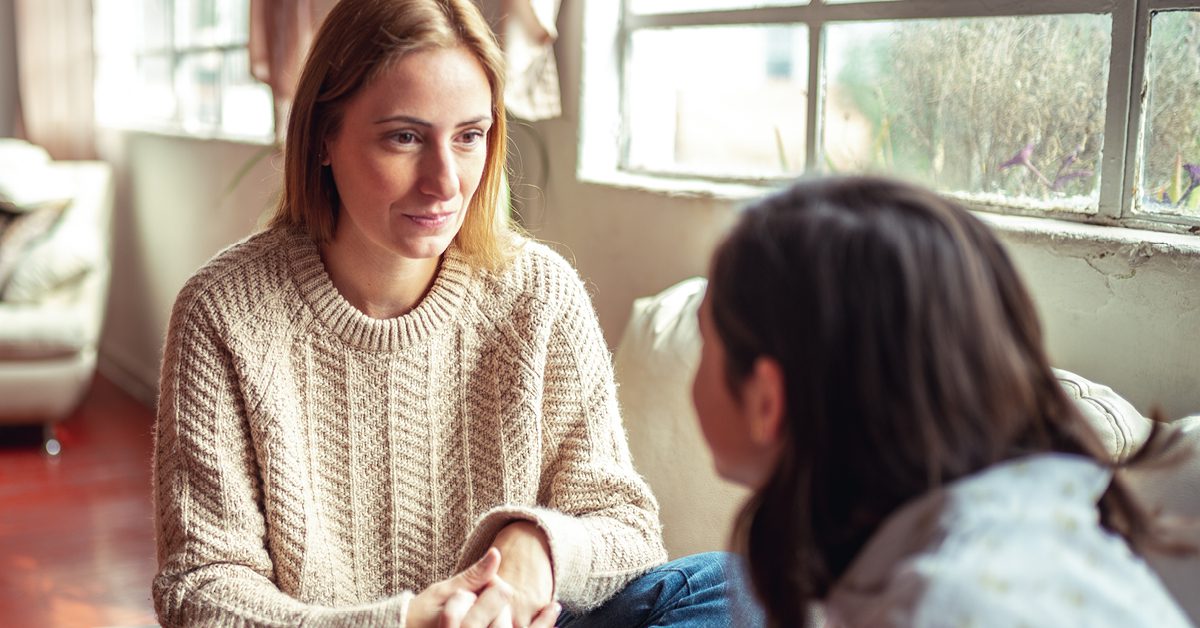How to Protect Your Kids from Secondhand Smoke

As your children start back to school and form new friendships with their classmates, they may spend more time at their friends’ houses, which poses a potential problem: What if their new friends’ family members smoke in the house?
Secondhand smoke contains more than 7,000 chemicals — 300 of which are harmful and can lead to health complications, including cancer. There is no level of secondhand smoke exposure that is considered “safe,” so this conversation is a crucial one. This can be a tricky subject to navigate, so Tobacco Stops With Me sat down with Kat, an Oklahoma mom of two, to ask for advice. Here’s how she recommends talking to your kids about secondhand smoke, along with her tips for limiting their exposure to it.

What is your experience with secondhand smoke?
“Growing up, my parents smoked, and I still have bad asthma. My dad died of a heart attack when I was a teenager, and my mom smoked until she died in her fifties. When I had my daughter, my mom promised she would never smoke around her, but whenever we would leave her house, my daughter’s blankets and clothes would still smell like cigarette smoke. It was awful.”
If one of your kids’ friends had a parent who smoked in the car or house, would you let them go to their house?
“That’s tricky. I was the kid that no one wanted to sit next to because I smelled like cigarette smoke. My friends’ parents often hesitated to allow their kids to come over to my house, and honestly, that hurt my feelings. It made me feel isolated at a really young age.
“I don’t want any of their little friends to feel that way. I would limit the amount of time my children were exposed by organizing playdates in smokefree zones, like my house or a public park.”

How would you explain this to your kids?
“I would make sure to be polite and nonjudgmental. I would clarify that smoking does not make someone a bad person but thoughtfully explain to my kids that secondhand smoke exposure can hurt them. It can cause them to get sick and lead to complications like mine. Ultimately, it is my job as their mom to protect them. It’s up to us as parents to communicate our decisions, back them up with evidence and above all else, be kind.”
As parents, it’s your job to educate yourself about the risks, dangers and health effects of secondhand smoke — and then, share them with your kids. It only takes 30 minutes of secondhand smoke exposure for kids to start feeling its harmful effects.
For more tips on talking with your kids about tobacco in a nonjudgmental and factual way, visit TobaccoStopsWithMe.com.







